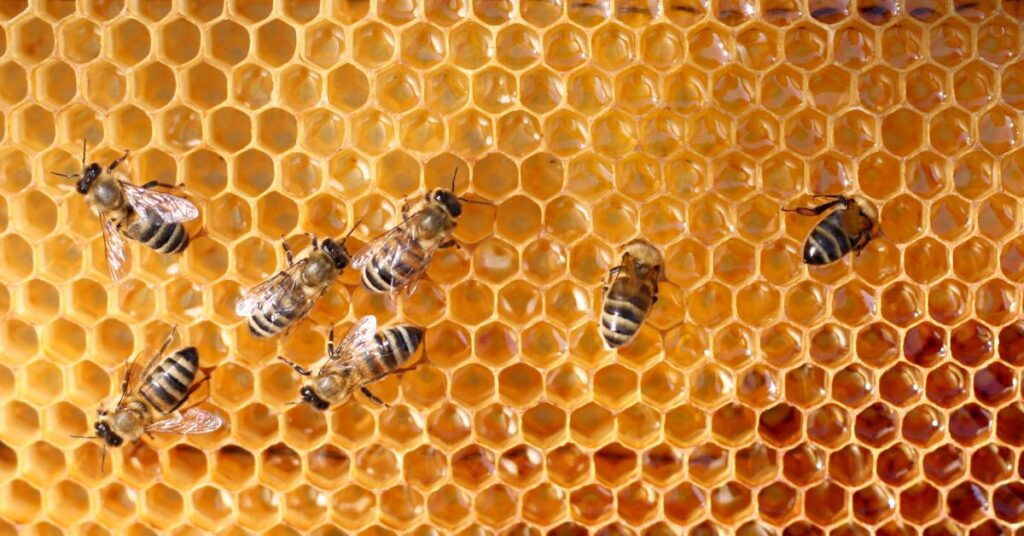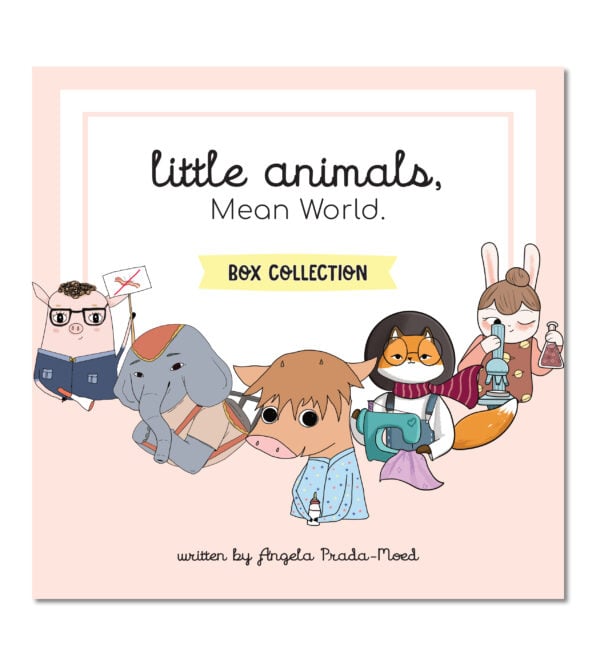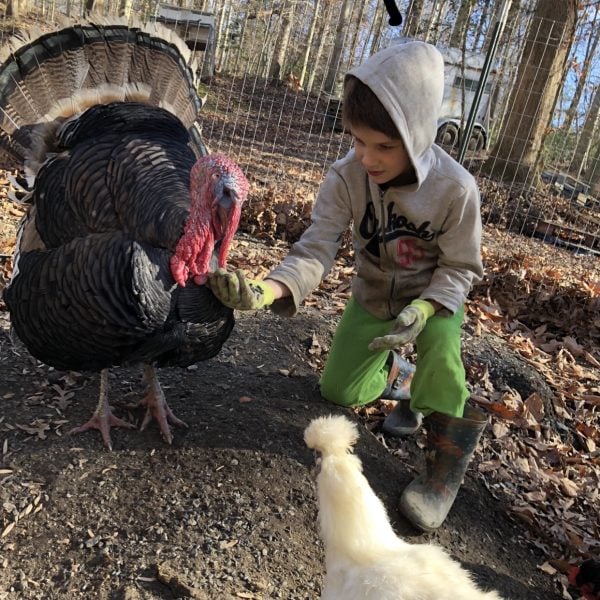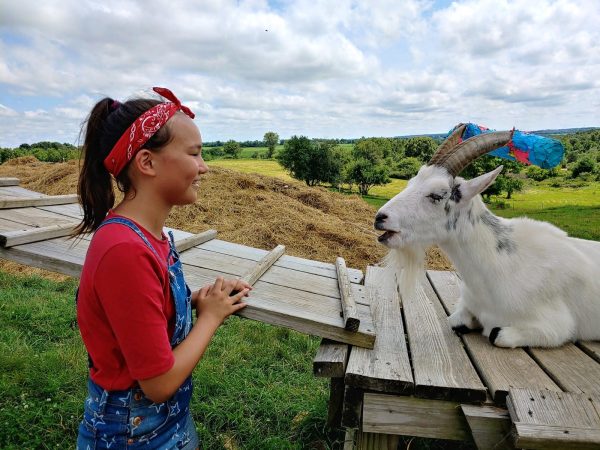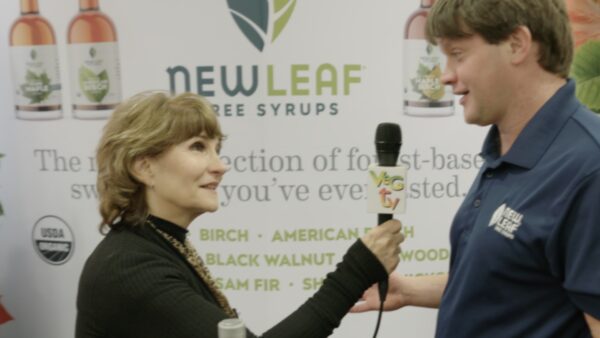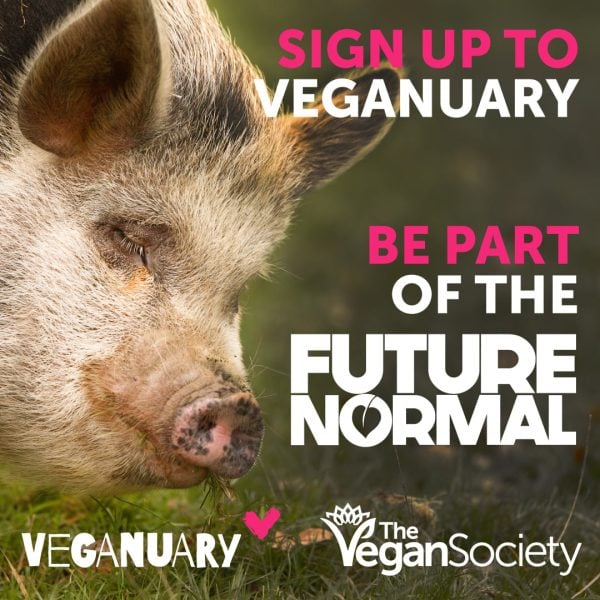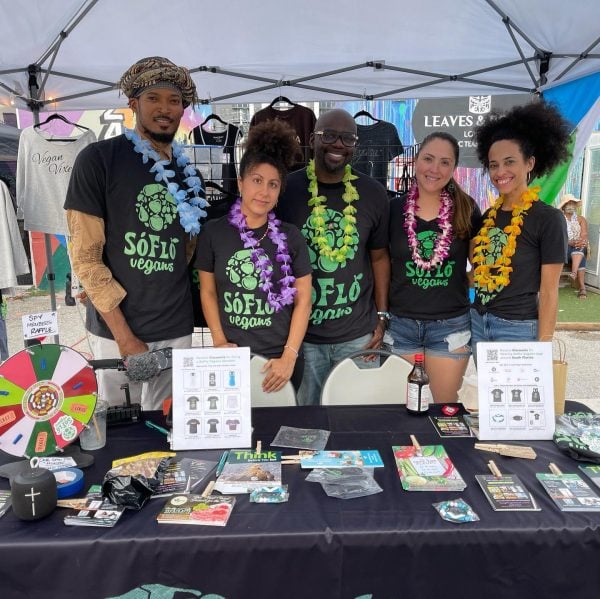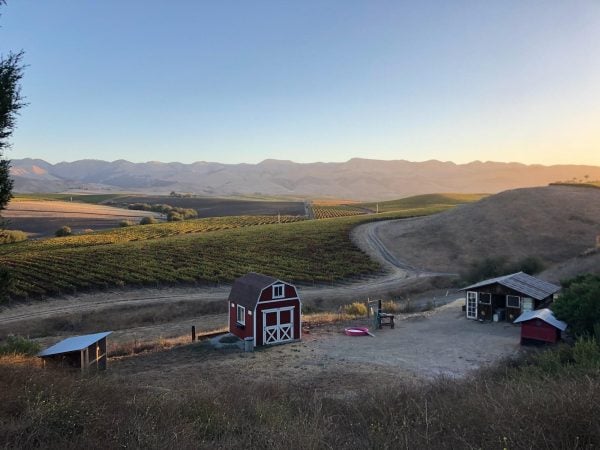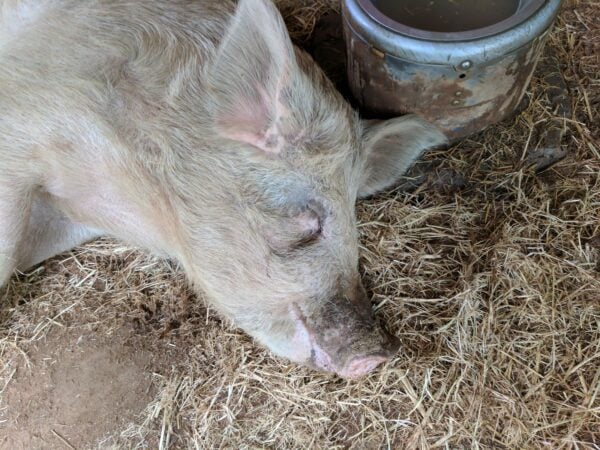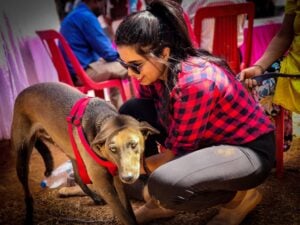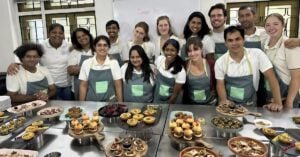National Urban Beekeeping Day, observed on July 19th, aims to raise awareness about the importance of urban beekeeping in promoting bee health and biodiversity. While beekeeping has become a global industry, ethical and environmental concerns surrounding this practice should not be overlooked.
Author: Amanda Bautista Fernández
The bees
Bees, along with other invertebrates like crustaceans and insects, possess intricate nervous systems that include a brain. These remarkable creatures exhibit complex behaviors and possess astonishing capabilities. Through intricate dances and body movements, bees communicate with one another, sharing information about the location of food sources such as flowers and pollen. Their exceptional memory enables them to remember these locations precisely, allowing them to navigate back to their hive. Bees also exhibit learning abilities and can adjust their flight paths in response to wind drift, as indicated by other bees. These social insects demonstrate a level of intelligence and complexity that is often underestimated.
In modern beekeeping practices, beehives are carefully managed and manipulated to maximize honey production and other bee-related products. Unfortunately, some of these practices interfere with the natural lives and behaviors of bees, raising ethical concerns.
Beekeeping practices
Beekeeping, or apiculture, is a centuries-old practice of raising and managing honeybee colonies for various purposes, primarily the production of honey and other hive-derived products.
Beekeeping involves the exploitation and sacrifice of bees for human consumption. Bees are manipulated to obtain various products such as honey, beeswax, propolis, pollen, royal jelly, and even venom. Honey production occurs when bees consume nectar, regurgitating and depositing it into wax cells in the comb. It is worth noting that it takes the combined effort of twelve worker bees their entire lives to produce just one teaspoon of honey. Bees must visit over two million flowers to produce half a kilogram of honey.
Ethical concerns and practices
When honey is harvested without harming the bees, they are left without their primary food source. Instead, they are often provided with sugar water as a substitute. While some argue that this food is not significantly worse than honey for bees, it is important to recognize that sugar lacks the nutritional complexity and benefits found in natural nectar and can potentially lead to malnutrition in bees.
Another common practice in beekeeping is clipping the wings and legs of queen bees to prevent them from leaving the hive and forming new colonies elsewhere. By restricting the queen’s flying ability, beekeepers control the movement and behavior of the hive, limiting the natural swarming behavior that is crucial for the reproduction and survival of bees in the wild. This practice curtails their freedom and disrupts their natural instincts.
Additionally, hives are sometimes divided, or colonies merged, resulting in the sacrifice of weaker colonies or the suppression of natural behaviors. Queen bees in commercial beekeeping are systematically replaced annually because their egg-laying capacity diminishes over time, rendering the entire hive inefficient. Artificial insemination is often employed to control the genetics of the colony, bypassing the natural mating process and restricting genetic diversity.
Consequences and conservation
These practices collectively contribute to high mortality rates among bee colonies. Bees face numerous challenges, including adverse winter conditions and diseases, which already result in significant losses. However, in some cases, colonies are intentionally abandoned or destroyed by beekeepers, only to be replaced with newly purchased bees. This practice not only harms the health and survival of bees but also reduces the genetic diversity within colonies.
Moreover, to meet the demands for increased honey production, bees are often bred in high-density conditions within artificial hives. This practice poses risks of diseases and increases stress levels for the bees. These hives are frequently transported long distances to facilitate the pollination of agricultural crops, further subjecting bees to stressful conditions and making them more susceptible to the pesticides used in the fields.
Protect our ecosystems
It is crucial to acknowledge the indispensable role that bees play in pollinating plants and crops, thereby contributing significantly to biodiversity and global food security. However, the intensive exploitation of bees in beekeeping can have detrimental effects on bee populations and overall ecosystem health.
In conclusion, it is possible to enjoy sweet flavors in our dishes without relying on honey while still respecting and considering the well-being of bees. Numerous natural sweeteners, such as whole cane sugar, fructose, maple syrup, panela, molasses, malt extracts, and agave syrup, can serve as alternatives to honey. Find alternatives on Vkind.com. By opting for these alternatives, we can reduce our reliance on beekeeping practices that exploit and disrupt the lives of these fascinating creatures, promoting their well-being and protecting the delicate balance of our ecosystems. Make every choice one that matters.
Resources
BRODSCHNEIDER, R., AND CRAILSHEIM, K (2010): Nutrition and health in honey bees. Apidologie 41. 278-294.
https://link.springer.com/article/10.1051/apido/2010012
RILEY, J.R.; GREGGERS, U.; SMITH, A.D.; REYNOLDS, D. R.; MENZEL, R. (2005): The flight paths of honeybees recruited by the waggle dance.
https://www.researchgate.net/publication/7852401_The_flight_paths_of_honeybees_recruited_by_the_waggle_dance
LEWIS, N (2010). Why honey is not vegan.
https://web.archive.org/web/20200219102847/http://www.vegetus.org/honey/honey.htm
TAUTZ, J., AND SANDERMAN, D.C. (2003): Recruitment of honeybees to non-scented food sources. https://pubmed.ncbi.nlm.nih.gov/12664091/
CUSHMAN D.A. (2022): Finding the Queen: Guidance notes for finding, clipping and marking queens.
http://www.dave-cushman.net/bee/queenfinding.html
ARGÜELLO NÁJERA, O. (2010): Guía práctica sobre el manejo técnico de las colmenas.
http://bibliotecadigital.agronet.gov.co/bitstream/11438/8805/1/manejocolmenas.pdf
KLEIN, C., AND BARRON, A.B. (2016): Insects have the capacity for subjective experience.
https://www.wellbeingintlstudiesrepository.org/cgi/viewcontent.cgi?article=1113&context=animsent
North Carolina Department of Agriculture & Consumer Services (2010): North Carolina Honey…
http://www.ncagr.gov/markets/commodit/horticul/honey/
SUBSCRIBE TO OUR NEWSLETTER
Vkind Vibes is our popular weekly newsletter where we share the latest news, tastiest recipes, and hottest trends impacting the VegEconomy. SUBSCRIBE NOW!
WANT MORE?
JOIN US AT VKX 2023! The Vkind Experience (VKX) is an immersive plant-based event celebrating travel, culture, and cuisine around the world as guests explore 11 experiential rooms while sampling an elevated fusion of world flavors.JOIN THE VKIND COMMUNITY Download the Vkind app on the App Store or Google Play to create your social profile and start sharing reviews of vegan businesses, watch original content, and explore the plant-based world with your friends!
JOIN THE VEGECONOMY Are you a vegan brand owner or professional? Add your listing to our business search platform to get more eyes on your vegan enterprise.
TAKE THE VEGECONOMY PLEDGE Take the VegEconomy Pledge to show support for sustainable business practices and make a commitment to Spend Like You Give A Damn.
WATCH & LEARN Subscribe to our YouTube channel for our latest shows, live events, interviews, videos, news, secret giveaways & more!
STREAM “PEELED”, THE ALL-VEGAN COOKING COMPETITION SHOW Produced by Vkind Studios in a limited 3-part web series, Peeled is the award-winning all-vegan cooking competition show that’s on a search to find “America’s Hottest Vegan Chef”.
FOLLOW & SHARE Our content is always entertaining, educational, and inclusive. Follow us everywhere on social media!
SHARE VEGAN RECIPES Share your delicious vegan recipes with the Vkind Community on our app and website.

